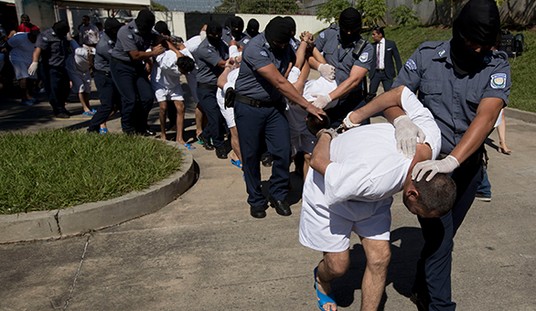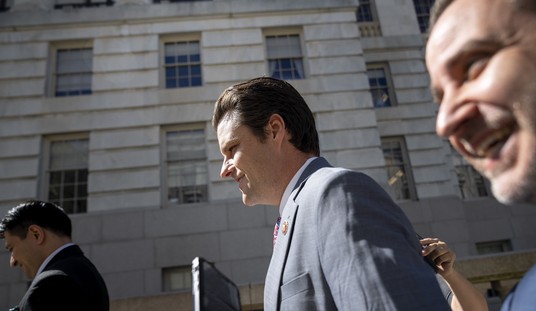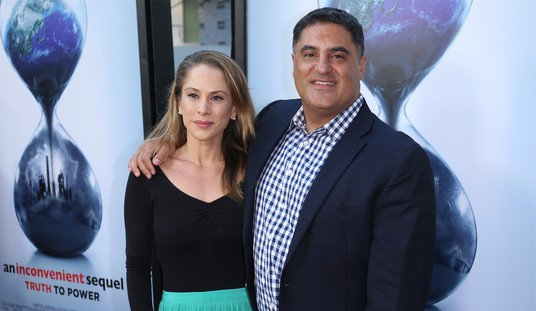The story of Russian “bots” mixing it up with actual people on social media during the election seasons is not new. I’ve told you about the egg people, before.
For those who’ve missed my explanation of “egg people,” those are inhabitants of Twitter. Although some get sophisticated enough to finally get some form of a profile image, most use the Twitter default image of a white egg.
Also, they almost exclusively have titles like, “@Trumplady303840232” or “@MAGA229374003.”
They would flood Twitter with pro-Trump messages, or anti-Hillary messages, and they made up the bulk of Trump’s follower count, as some investigations showed that those following Trump’s social media account were either inactive accounts, or bots.
Well, a new report out reveals that Twitter wasn’t the only social media giant hit with Russian trickery.
Facebook reported on Wednesday that they found proof of fake accounts, suspected to be based out of Russia, that purchased thousands of dollars in ads, seemingly designed to provoke and amplify political division.
From Business Insider:
Facebook said the ads were part of elaborate “information operations” in which “organized actors,” including governments, used social media to deceive the public and distort political sentiment.
The social network discovered roughly $100,000 in ad buys between June 2015 and May 2017 “associated with roughly 3,000 ads” and connected to nearly 500 affiliated fake accounts.
“Our analysis suggests these accounts and Pages were affiliated with one another and likely operated out of Russia,” Facebook’s chief security officer, Alex Stamos, wrote in a post published on Facebook’s company blog. He said the company had shared its findings with US authorities investigating Russia’s interference in the election.
Unlike the Twitter egg people, the Facebook ads didn’t focus on a specific candidate, but rather, focused on issues that would create the greatest schism across ideological lines.
Facebook set about examining their ads and content, in response to the growing concern over Russia interfering in the 2016 election.
It’s no secret to anyone who frequents Facebook that it was a hotbed for the so-called “fake news” sites that offer sensationalized stories with ridiculous titles and no byline, especially during the election. To some extent, it still is, but not nearly at the same level as it was during the election.
While I’m thinking about it – Has anybody seen a story from PRNTLY, lately? I haven’t.
As recently as July, Facebook was in denial about being used as a platform for Russia-based chaos in our political system. Wednesday’s news was a turnaround.
And I may not be seeing stories from PRNTLY now because Facebook has been attempting to stop those fake-y dumb stories from making it to their pages.
“Through the adept use of social media, information operators may attempt to distort public discourse, recruit supporters and financiers, or affect political or military outcomes. These activities can sometimes be accomplished without significant cost or risk to their organizers,” Facebook wrote in the April report.
Facebook said Wednesday that its analysis of ads purchased before and after the US presidential election were consistent with the information operation tactics it had previously outlined. About one-quarter of the ads were geographically targeted, and most touched on divisive topics, from LGBT rights to immigration and gun rights, the company said.
With the information in government hands and Facebook making an effort to shut them down, perhaps some real inroads can be made in stopping foreign governments from attempting to disrupt our nation’s delicate balance.
But I wouldn’t get too comfortable.













Join the conversation as a VIP Member